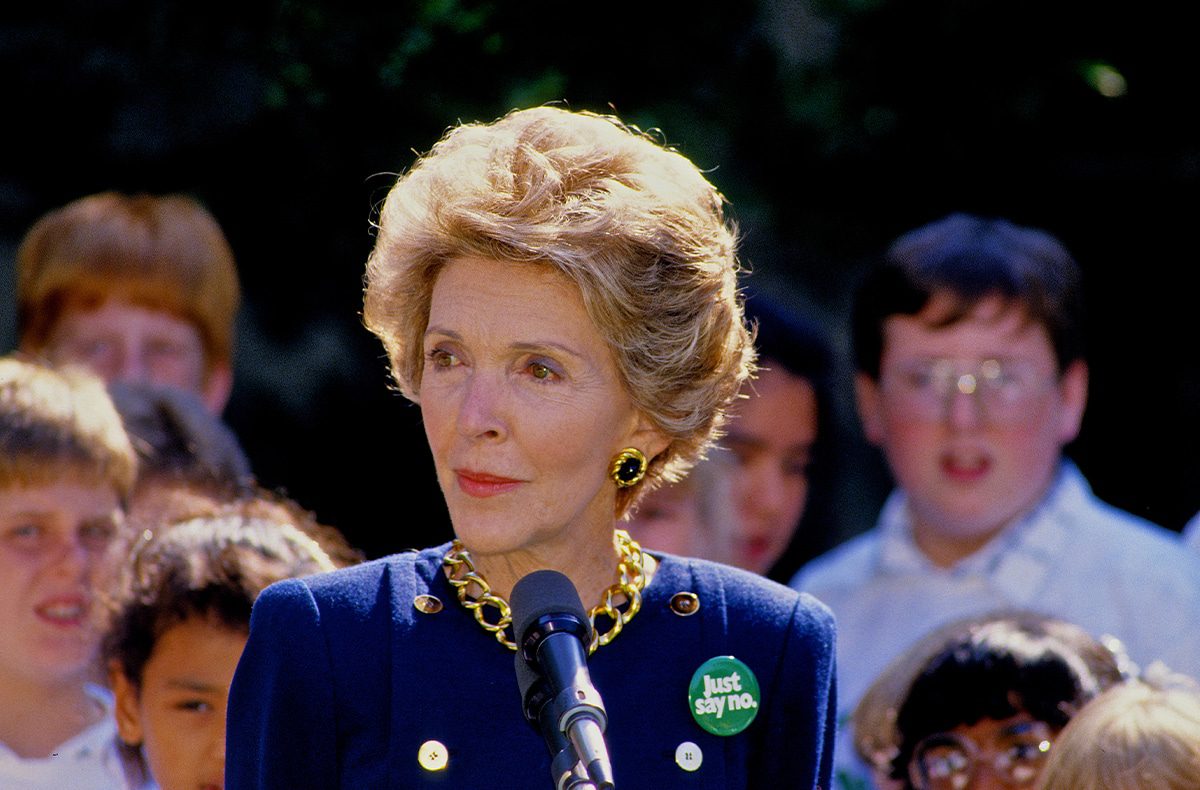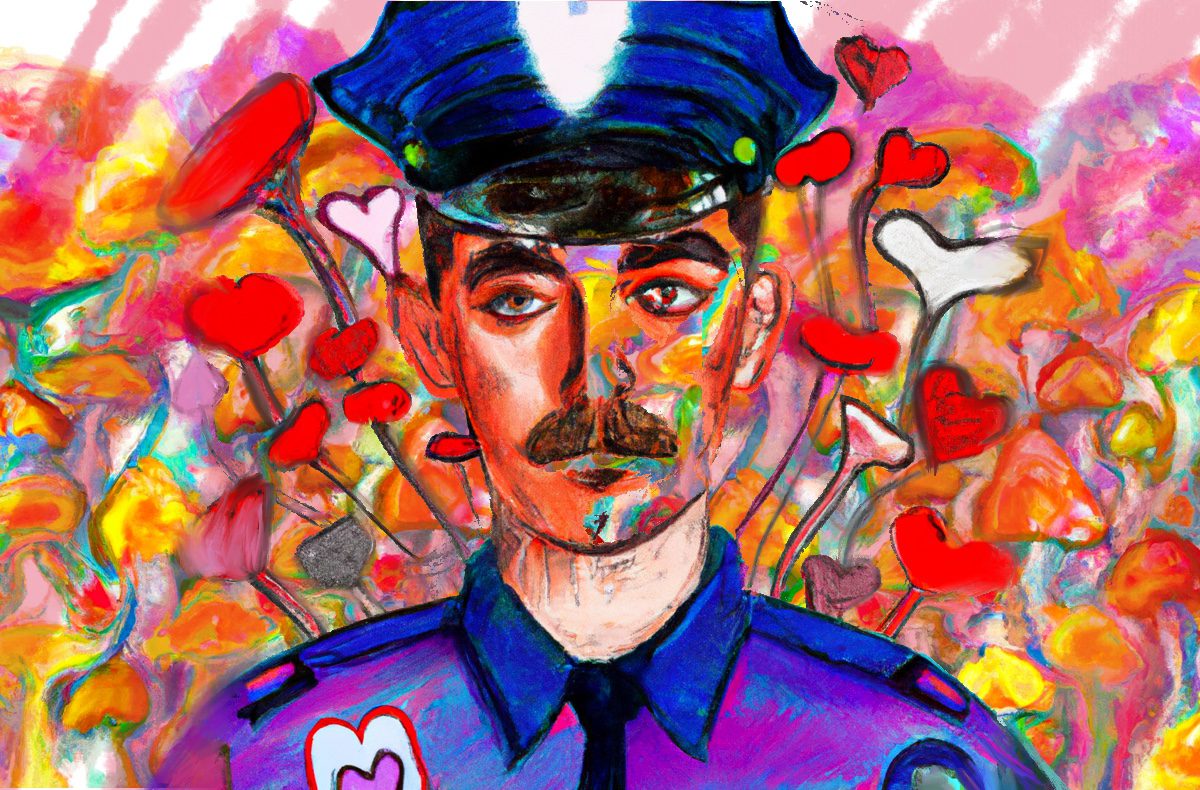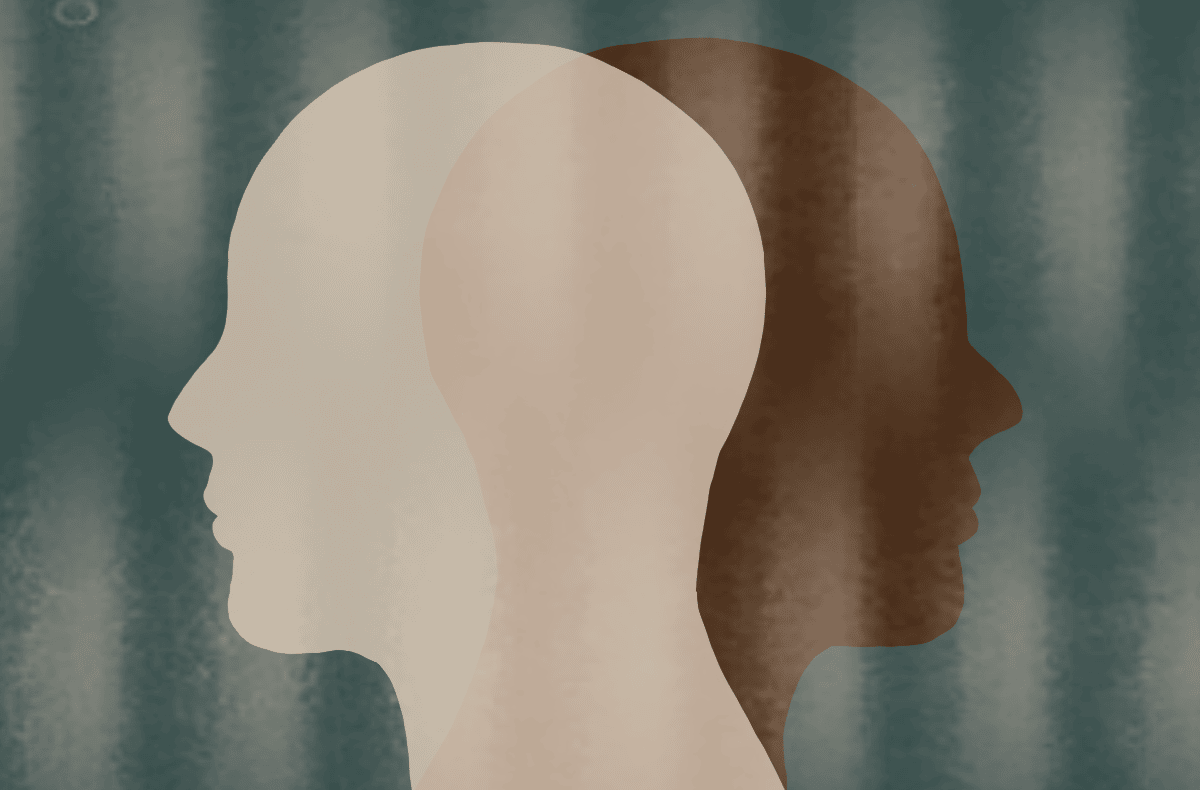
The Global War on Drugs is an invention of the USA. It is essentially American domestic racism exported across the world through aggressive foreign policy. But how did this happen? And how has it shaped different nations?
The thread of the Protestant political power base in America can be traced back to Plymouth Rock. Those brave, persecuted puritans still powerfully influence politics today.
Immigration to the US was rapid through the 19th and early 20th centuries. In the late 1800s and early 1900s, poverty in Italy and Ireland meant those nations at times dominated the influx. This was seen as a huge risk to the Protestant power base. So the habits of Catholics were attacked. And so came alcohol prohibition. Now, you may think this an oversimplification. And of course, if I were writing merely about the history of alcohol prohibition I would include the shaping of the Temperance movement and other social factors. But the fact remains that the money and political influence behind the banning of liquor was born of a deep mistrust of Catholics. The biggest backers of the ban, the most aggressive haters, were the Ku Klux Klan. They despised Catholics, or “Papists,” as they preferred to call them, probably even more than they hated Black people. It was never about the drug. It was about control.
But alcohol was not the only drug used to persecute a minority. The railroads in the States were built by cheap Chinese labour. When the tracks were all laid there were many Chinese immigrants looking for work. Banning opium was an effective way of persecuting that minority. It was never about the drug. It was about control.
With Southern States still seething about the result of the Civil War, the Jim Crow regime was keeping the descendants of enslaved people in their place. Cocaine became the most useful way of incarcerating the Black population. Newspaper stories of Black men being turned into superhuman menaces by the drug were published. Journalist and reader revelled in details like the number of bullets it took to stop these “cocaine fiends.” It was not about cocaine. It was about control.
The Great Depression may have helped end alcohol prohibition, but it helped fire up the war on cannabis. It was renamed marijuana to make it sound more foreign, more Spanish. Unemployment meant that Mexican immigrants were seen as a direct threat. We know the playbook. It wasn’t about the plant. It was about control.
Of course white people used these drugs. Opium was a household remedy used by mothers and grandmothers. Similarly cocaine was a tonic, or even a healthy alternative to alcohol in sugary beverages. Cannabis, the oldest medicine routinely used. But who consumes a drug matters less than who is persecuted for that use.
The Second World War left every nation bankrupt. Except the USA. The UK as just one example did not finish paying off the war debt to the States until 2006. It is this financial dominance that made the USA a true superpower, able to dictate policy internationally. It’s why domestic drug laws around the world look the same. The Labour Prime Minister Harold Wilson managed to resist American pressure and keep Britain out of Vietnam. But there was no resistance to the American insistence on criminalising addiction. At the end of the 1960s the Misuse of Drugs Act was presented by Labour to Parliament just before they lost the election. Then the exact same legislation was presented by the new Conservative government and became law in 1971. Left and right falling into line.
In 1971 the USA drastically ramped up the War on Drugs. Having established the new world order around drug control at the United Nations ten years earlier, there was really only one direction to go. To keep going on. But president Richard Nixon took up the fight in the grand tradition of the origins of the policy. He declared a renewed war on public enemy number one. But what was meant by that only became truly clear years later. In a startling piece of political honesty his policy adviser John Ehrlichman admitted the real intent behind his domestic war declaration. This is a quote:
“The Nixon campaign in 1968, and the Nixon White House after that, had two enemies: the antiwar left and Black people. You understand what I’m saying? We knew we couldn’t make it illegal to be either against the war or Black, but by getting the public to associate the hippies with marijuana and Blacks with heroin, and then criminalizing both heavily, we could disrupt those communities. We could arrest their leaders, raid their homes, break up their meetings, and vilify them night after night on the evening news. Did we know we were lying about the drugs? Of course we did.”
The war on drugs was dramatically ramped up, not just in the USA but around the world.
The template for each nation’s drug laws has racism in its DNA. And this prejudice plays out everywhere. In the U.K. people of colour are ten times more likely to be stopped and searched for drugs. More likely to be charged. More likely to get a prison sentence. Does this mean that every cop is consciously racist? No. But it *is about control. The purpose of these laws is to control a minority. In actioning such a law we inescapably have to feel superior to those whose behaviour is seen as “less.” So a law based on prejudice, on a moral judgement, of behaviour, will always eke out, and amplify prejudice.
This racist policy has caused carnage all around the globe. But we really should especially consider South Africa. The late, great Bishop Desmond Tutu called it the ‘rainbow nation’ as a vision for a post-Apartheid existence. But South Africa has not stepped away from its extreme racist colonial history as we would hope. Because the drug laws, in the American pattern, have kept the majority oppressed.
In theory the Rainbow Nation should now lead the world on drug policy. Their Mandela-inspired designer Constitution has such scope for change. It has already decriminalised the personal consumption of cannabis on a citizens’ rights basis. But colonial hangovers bite hard. The drug was banned by white occupiers in 1922 after hundreds of years of traditional consumption.
Russian, Chinese, and American police have all spent time teaching South Africans how to fight the drug war and fight it hard. The white minority are untouched by this ramped-up drugs policing. But the poor, the non-white, are kept in their place. All manner of drugs are blamed for the social problems that this prohibition creates in the townships. But it’s never been about the drugs.



